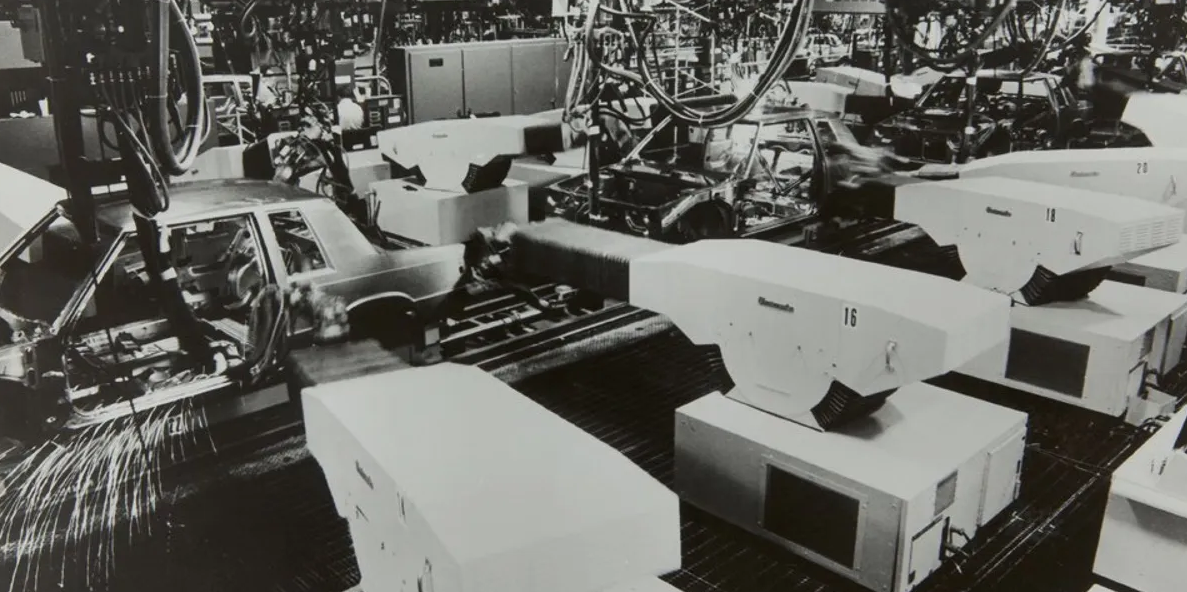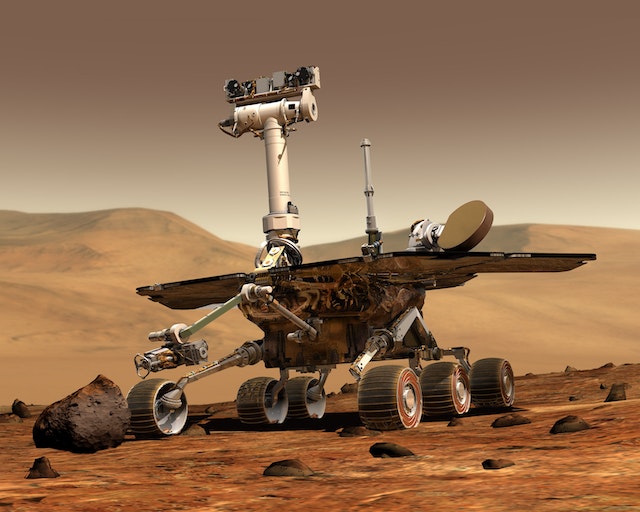History of robotics
In this lesson, we'll learn about the history of robotics, from the earliest mechanical devices to modern robots equipped with advanced sensors and artificial intelligence. We'll explore the impact of robotics on society and the future of this exciting field. By the end of the lesson, we'll have a better understanding of how robotics has changed the way we live and work.
 Chromebooks, laptops, and PCs are crucial tools for coding and digital skills education. Chromebooks are ideal for web-based applications and collaborative projects, while laptops and PCs support a wider range of programming environments and software for more intensive tasks like software development and data analysis.
Chromebooks, laptops, and PCs are crucial tools for coding and digital skills education. Chromebooks are ideal for web-based applications and collaborative projects, while laptops and PCs support a wider range of programming environments and software for more intensive tasks like software development and data analysis.




